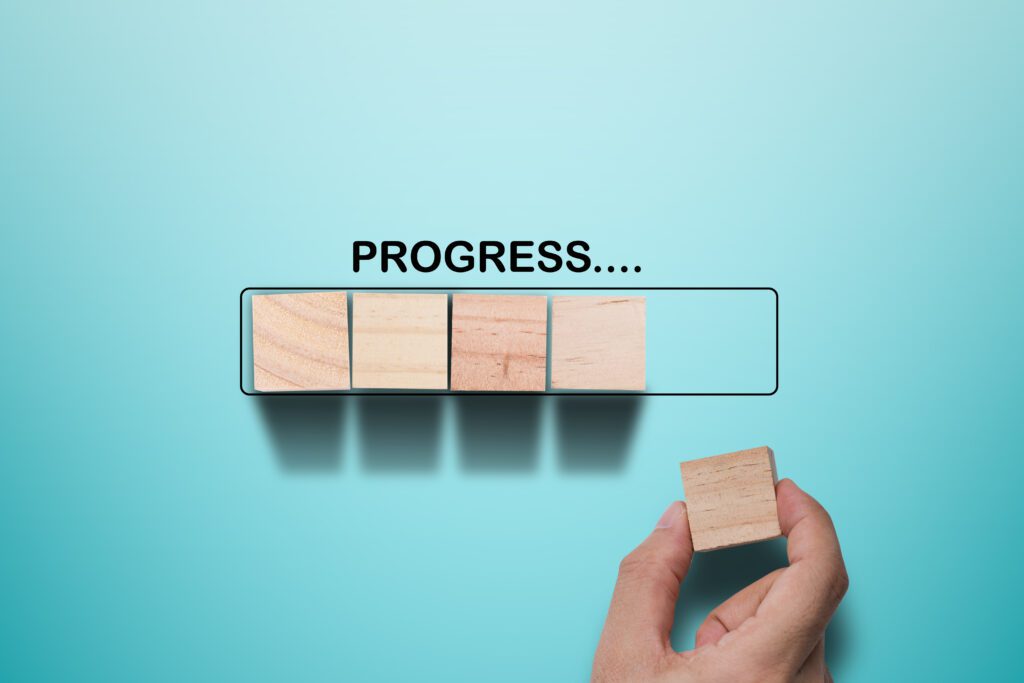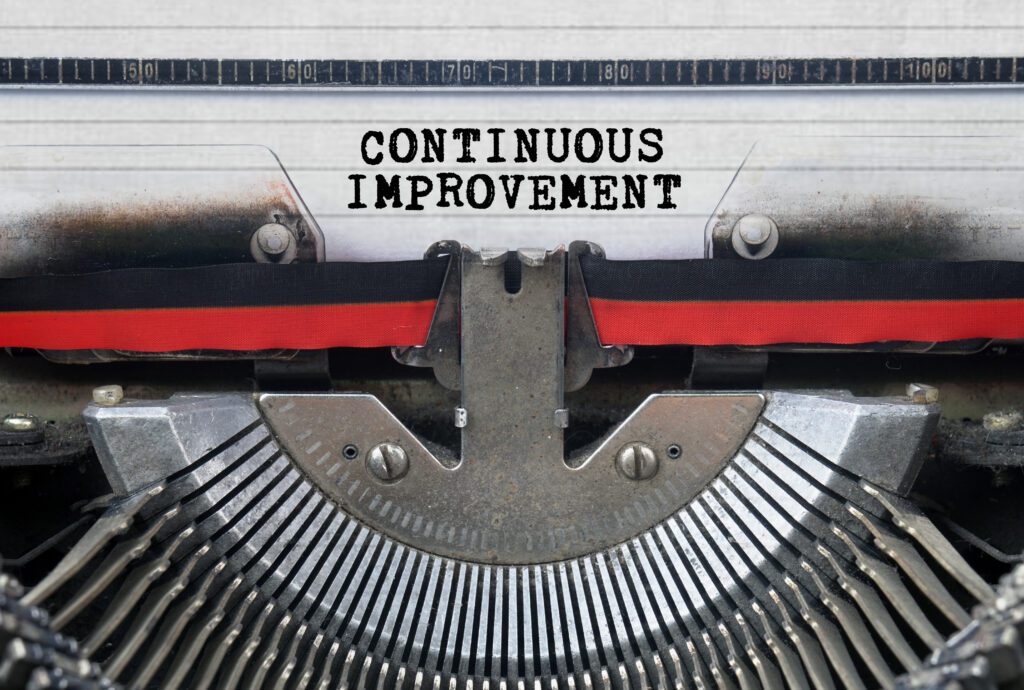Have you ever found yourself putting off tasks you know should be a priority, only to later wonder why you can’t seem to stop procrastinating?
“Procrastination is like a credit card: it’s a lot of fun until you get the bill.”
– Christopher Parker
Procrastination is a formidable enemy of productivity, silently robbing us of our time and potential. It’s a challenge that almost everyone faces at some point in their lives, with significant ramifications for professionals and leaders who require peak performance. To help you fortify your defenses against procrastination and reclaim your productive hours, here are ten powerful strategies to incorporate into your daily routine.
1. Understand Procrastination
Before any battle, a strategist knows the enemy inside and out. Procrastination is no different. It’s the voluntary delay of an intended course of action, despite knowing that this will likely lead to negative consequences. Recognizing procrastination’s various forms — whether it’s simply waiting too long to start something or indulging in activities that give you momentary pleasure — is the first step toward tackling it.
2. Set Clear Goals and Prioritize Tasks

Ambiguity breeds procrastination. Clear, specific goals provide direction for your efforts. By setting SMART (specific, measurable, achievable, relevant, time-bound) goals, you’re better equipped to break them down into actionable steps and prioritize tasks that move the needle.
3. Break Tasks into Manageable Steps
The path to productivity can seem daunting when facing an overwhelmingly large project. The solution here is to break it down into smaller, more manageable pieces. For instance, if you’re tasked with writing a report, focus on outlining sections first. By taking on one step at a time, you build momentum and reduce the likelihood of procrastination.
4. Create a Structured Routine
Human beings are creatures of habit, and routines can be a potent antidote to procrastination. Start with small tasks in the morning, which can build a sense of accomplishment and motivate you to move onto larger tasks. By structuring your day, you’re less likely to waste time deciding what to do next.
5. Use Time Management Techniques

Effective time management can transform your workday. Techniques such as the Pomodoro Method (working for 25 minutes, then taking a 5-minute break) and Time Blocking (assigning specific time blocks for individual tasks) can help you work efficiently and ensure you’ve dedicated time to the tasks you tend to put off.
6. Eliminate Distractions
Distractions are procrastination’s allies, so it’s paramount to create a workspace that minimizes them. This may involve setting your phone to ‘Do Not Disturb’, using website blockers during focused work sessions, or even finding a serene location to work in if possible.
7. Practice Self-Discipline
Building self-discipline is akin to sharpening your sword before a battle. It’s about cultivating the habit of doing what needs to be done, regardless of if you feel like it. Starting with small, consistent pract ices, such as keeping to-do lists and deciding on action steps in advance, can lead you to more substantial acts of self-discipline when faced with the temptation to procrastinate.
8. Reward Progress

Our brains love rewards, and incentivizing ourselves can be a powerful tool. Every time you make progress on a task, reward yourself. This could be a short break, watching a favorite show, or any activity that you enjoy. It reinforces the positive behavior of working on your goals.
9. Seek Accountability Partners
Sharing your goals and progress with someone else can add a layer of external motivation. An accountability partner can be a colleague, a friend, or a professional coach who can provide encouragement, check in on your progress, and hold you to your commitments.
10. Continuous Improvement and Reflection

Success in overcoming procrastination is not a one-time event, but a continual process. After implementing the strategies above, take time to reflect on what works best for you and regularly refine your approach. Remember, growth is a lifelong journey, and the same holds true for battling procrastination.
In the war against procrastination, these ten strategies are your weapons. Each is designed to help you approach tasks with clarity, focus, and a resilient mindset. By integrating them into your daily routine, you’ll not only combat procrastination but also unlock new levels of productivity and success.
In Conclusion
Overcoming procrastination is a dynamic process that requires a combination of self-awareness, strategy, and persistence. By adopting these ten practical strategies, from cultivating a positive mindset to seeking accountability and rewarding progress, you can transform procrastination from a daunting obstacle into a manageable challenge. Remember, the path to productivity is iterative and personal. Continue to experiment, reflect, and adjust your approach as you learn what best propels you forward. With commitment and practice, you can wield these strategies to not only conquer procrastination but achieve your goals and realize your full potential.
Frequently Asked Questions (FAQ)
- What is the best way to start if I’m overwhelmed by procrastination?
A: Start by breaking your tasks into smaller, manageable parts and focus on beginning the first one. The act of starting often reduces the feeling of overwhelm and makes the task at hand seem more manageable. - Can procrastination ever be positive?
A: Yes, in some cases, procrastination can serve as a necessary break for the mind, allowing subconscious problem-solving or leading to more creative solutions when you return to the task. However, it’s important to differentiate between constructive breaks and chronic procrastination. - How do I choose an effective accountability partner?
A: Look for someone who is reliable, genuinely interested in your success, and perhaps even someone who has goals of their own, so you can reciprocate the support. It’s crucial that this person can provide both encouragement and constructive feedback. - What should I do if the strategies seem to stop working?
A: It’s normal for strategies to become less effective over time as your situation and motivations change. When this happens, take time to reassess your goals, the challenges you’re facing, and experiment with integrating new strategies or adjusting existing ones. - How can I maintain my progress against procrastination in the long term?
A: Continual reflection and adaptation are key. Regularly review your goals, the effectiveness of your strategies, and your overall progress. Celebrating small victories can also maintain motivation. Remember, combating procrastination is an ongoing process that requires persistence and flexibility.
Recommended Reading
Getting Things Done by David Allen

Eat That Frog by Brian Tracy

Do it Today: Overcome Procrastination, Improve Productivity, and Achieve More Meaningful Things by Darius Forum






